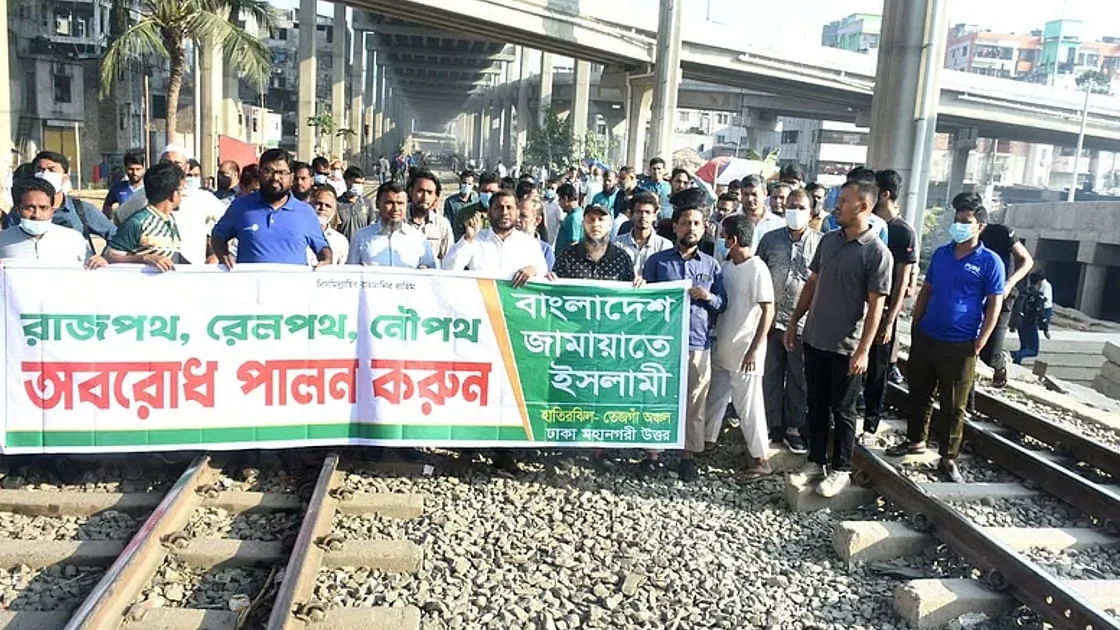
Bangladesh, a nation with a vibrant history and a growing economy, finds itself facing a daunting challenge as political violence threatens its stability. In this article, we delve into the impact of political turmoil on the Bangladeshi economy, the reasons behind the unrest, and the potential paths forward.
The Economic Stakes
Bangladesh has made significant economic progress in recent years, with a growing manufacturing sector, strong export performance, and improvements in human development indicators. However, the country’s economy remains susceptible to internal and external shocks, and political violence is one such threat.
The Recent Unrest
Political violence has recently reared its head in Bangladesh, with clashes and protests becoming more frequent. These incidents have involved confrontations between the government and opposition parties, as well as various civil society groups. The unrest has resulted in casualties, disruptions, and an atmosphere of uncertainty.
Impact on the Economy
The ongoing political turmoil has a direct and indirect impact on the Bangladeshi economy. It hampers foreign direct investment, discourages investors, disrupts business operations, and deters foreign buyers from sourcing products. These disruptions can lead to economic instability, jeopardizing the gains made in various sectors.
A Vicious Cycle
The recurring cycle of political violence in Bangladesh threatens to deter long-term economic growth and development. This instability can undermine the country’s reputation and credibility on the global stage, impacting trade relationships, investments, and aid partnerships.
The Need for Dialogue
To address the issue of political violence, Bangladesh requires open and constructive dialogue among all stakeholders. This includes political parties, civil society organizations, and the government. Constructive discussions and negotiations can lead to political stability and help regain investors’ confidence.
Global Concerns
The international community has expressed concern over the political violence in Bangladesh. It emphasizes the importance of political stability and economic growth in the region. These concerns can influence foreign aid, trade relationships, and investments in the country.
Strengthening Democratic Institutions
Bangladesh’s progress in recent years has been due, in part, to its democratic institutions. To preserve and further strengthen these institutions, political actors should prioritize peaceful resolution of disputes, respect for the rule of law, and inclusivity in the decision-making process.
Conclusion
Bangladesh’s journey towards economic development faces a significant hurdle in the form of political violence. It is crucial for all stakeholders to recognize the potential long-term damage such violence can cause to the economy. Constructive dialogue, adherence to democratic principles, and efforts to foster political stability are essential steps toward securing the gains made and ensuring a prosperous future for the nation.
Political stability is the foundation upon which a thriving economy in Bangladesh can be built, safeguarding the well-being of its people.
Helpful Resources
- Nikkei Asia – Bangladeshi Political Violence Poses High Risk to Stuttering Economy
- World Bank – Bangladesh Overview
- International Crisis Group – Bangladesh
This article aims to provide a comprehensive overview of the impact of political violence on the Bangladeshi economy.


















Leave a Reply